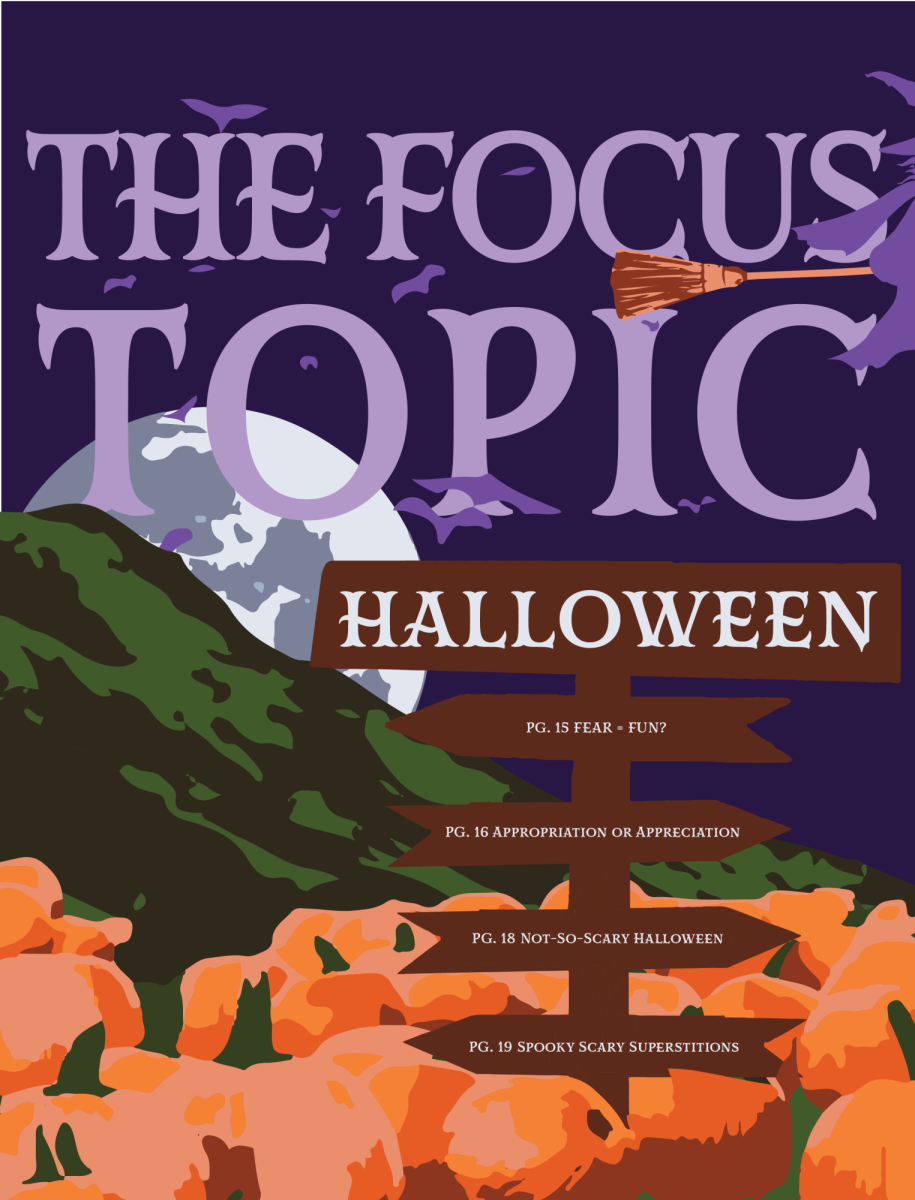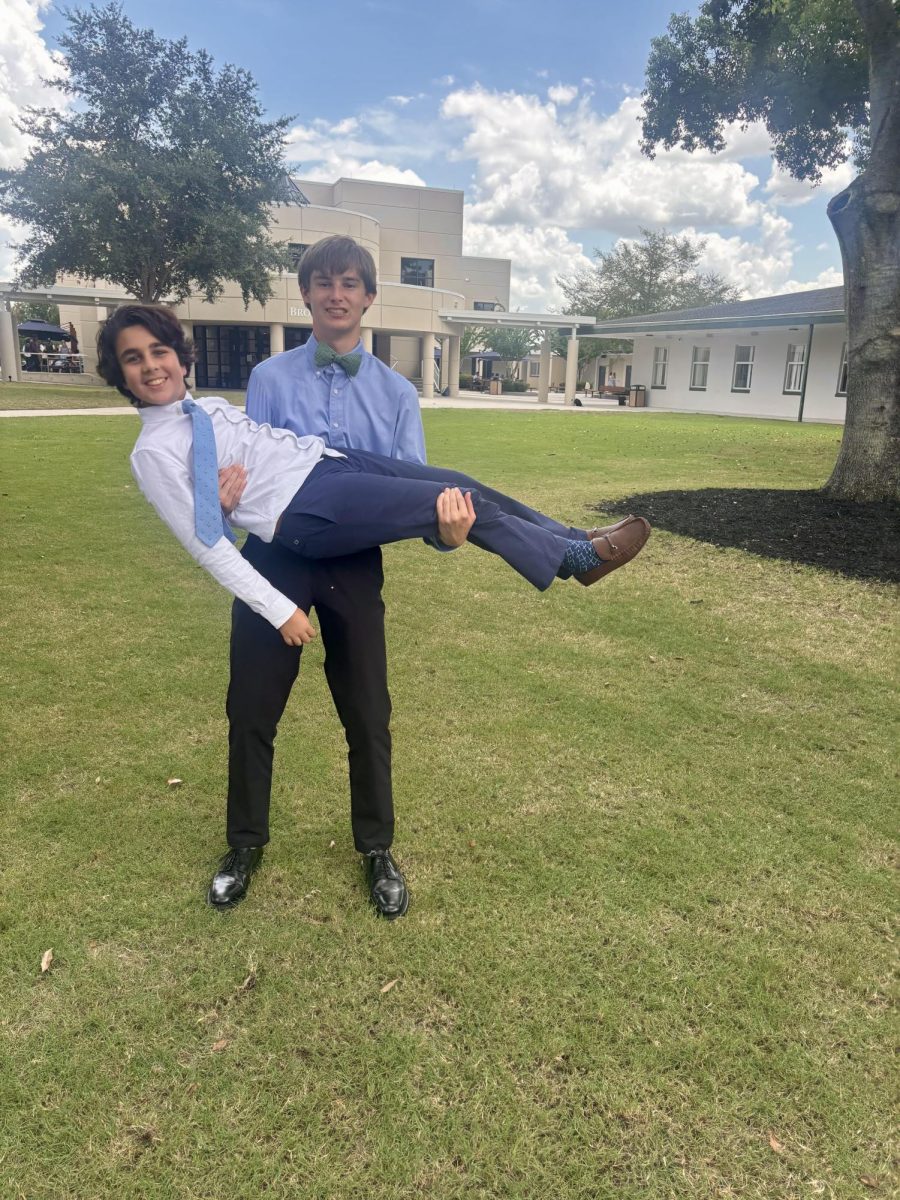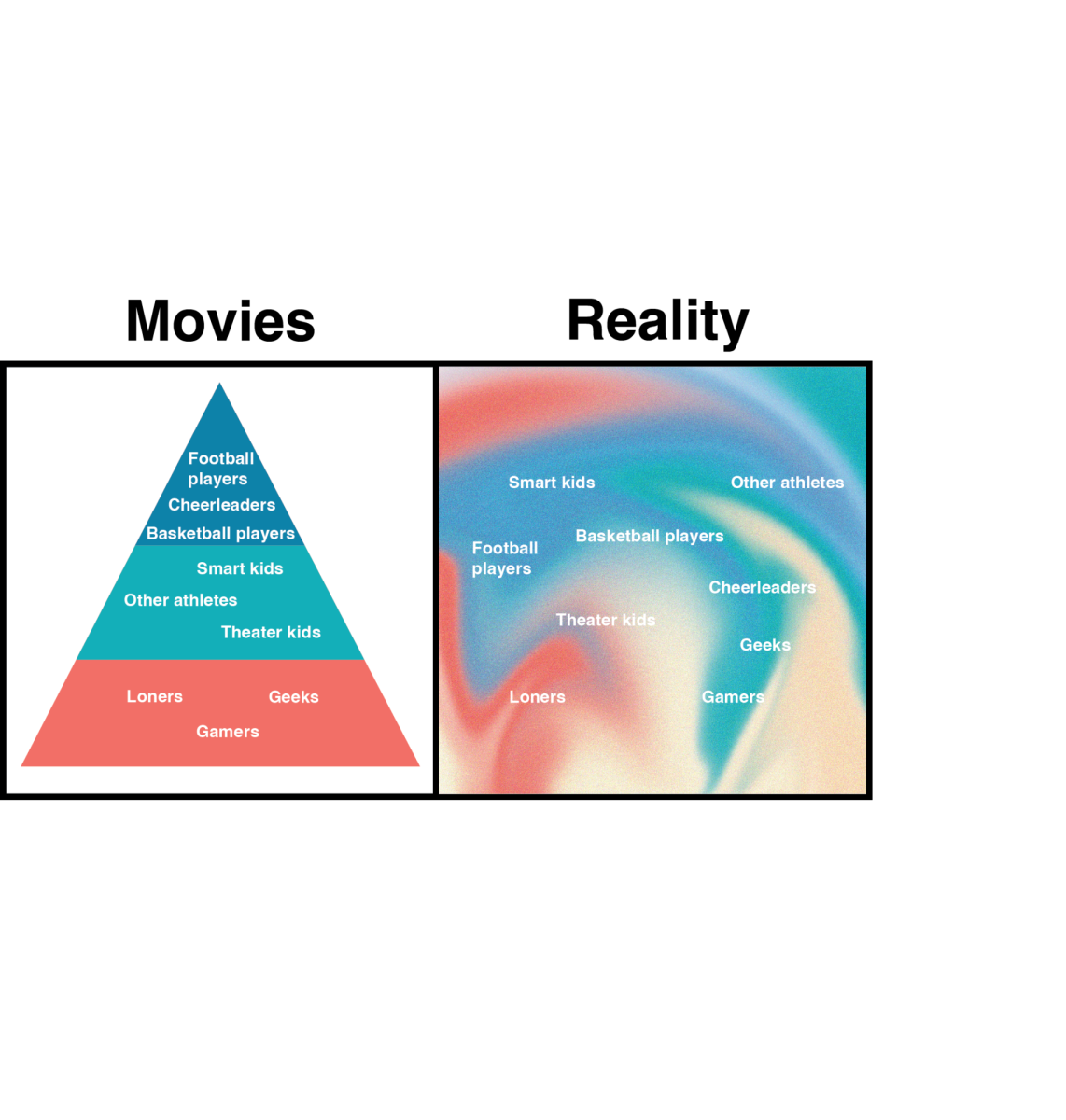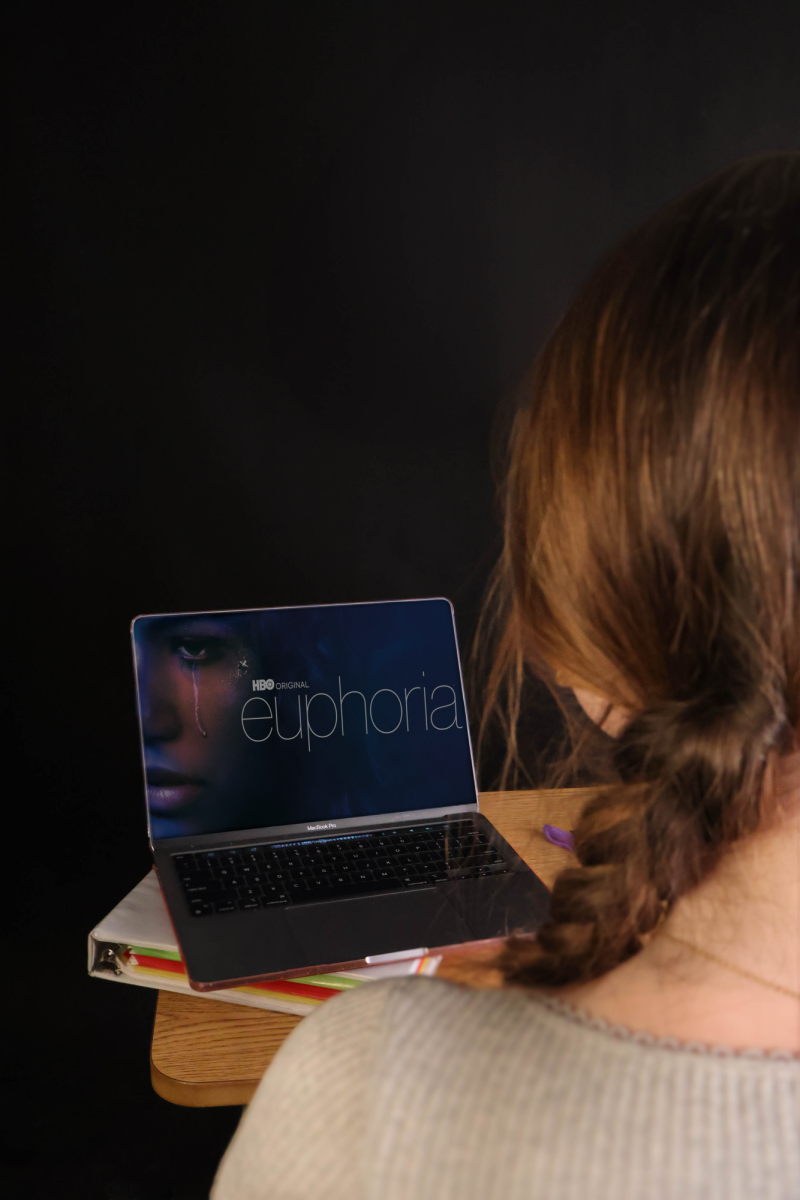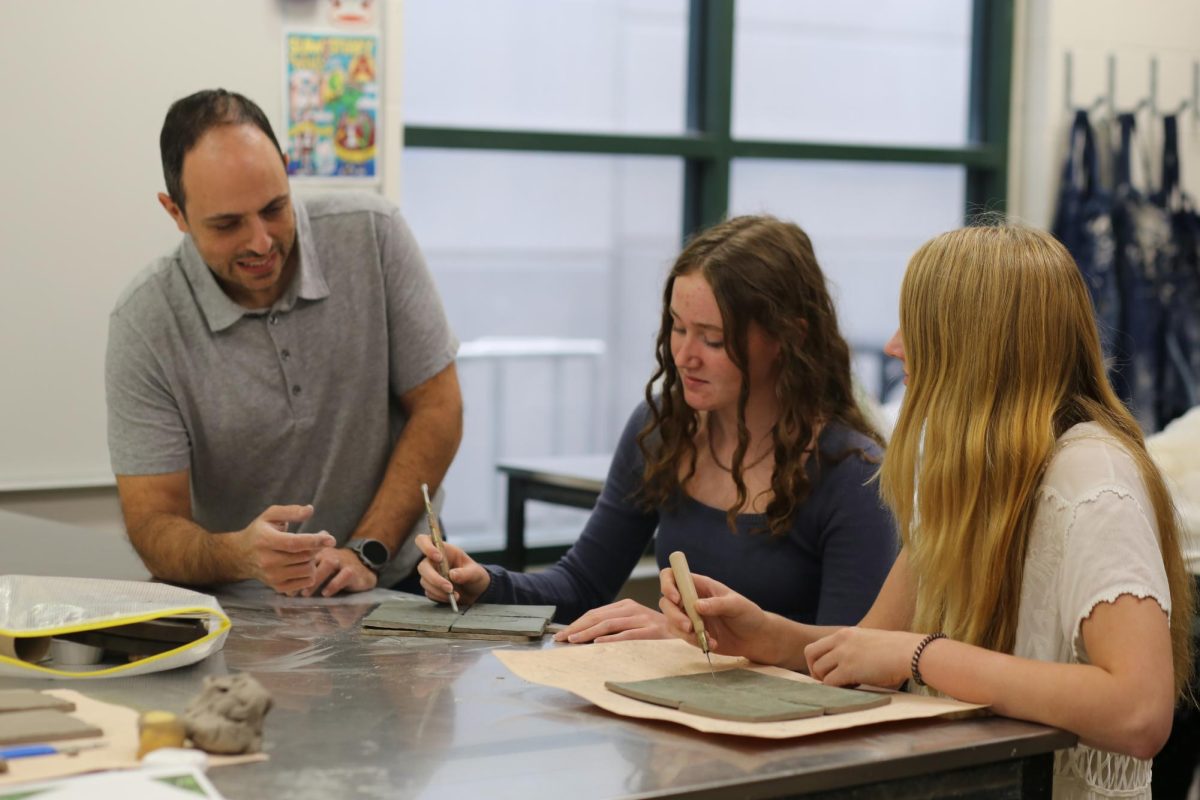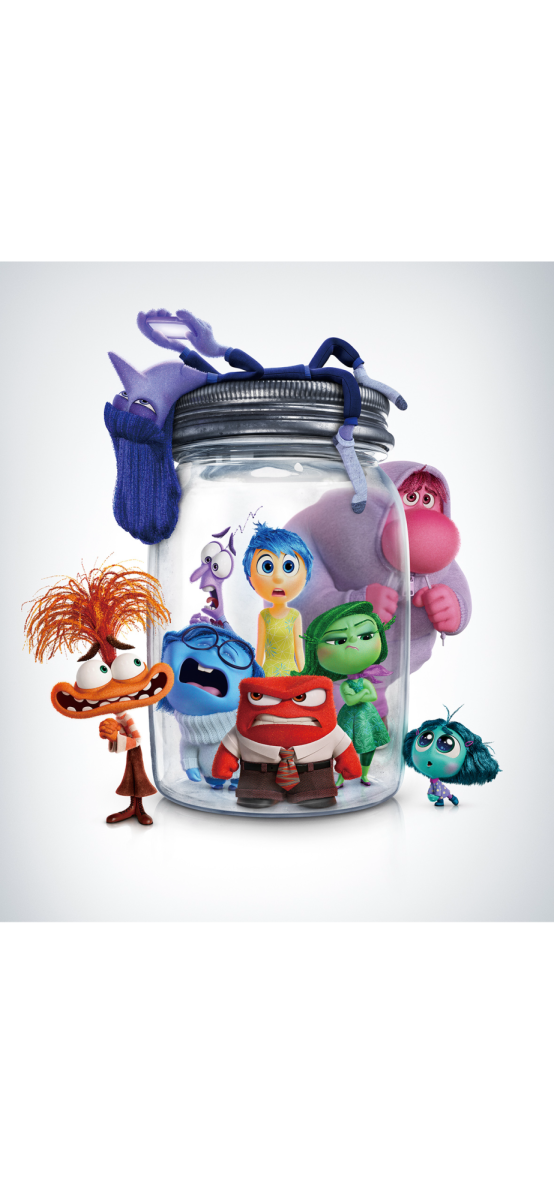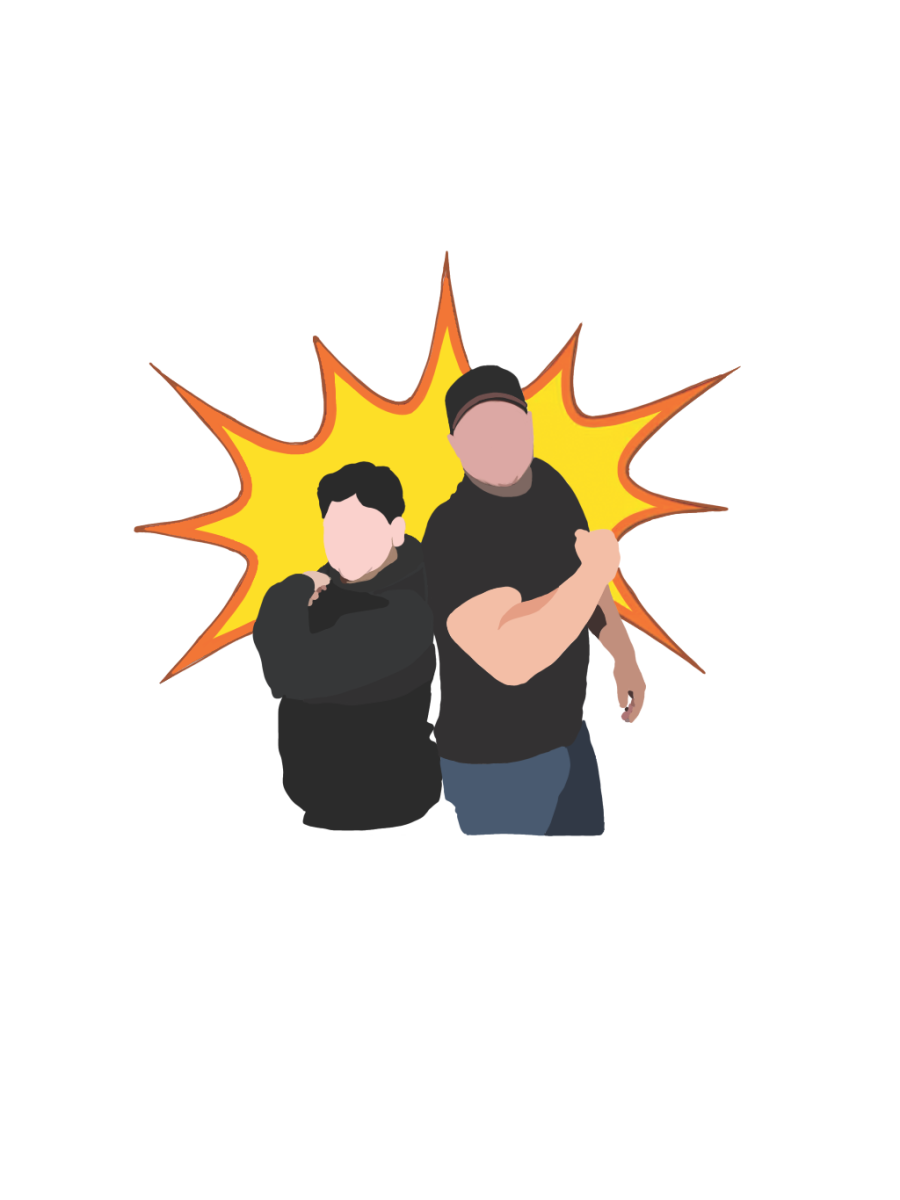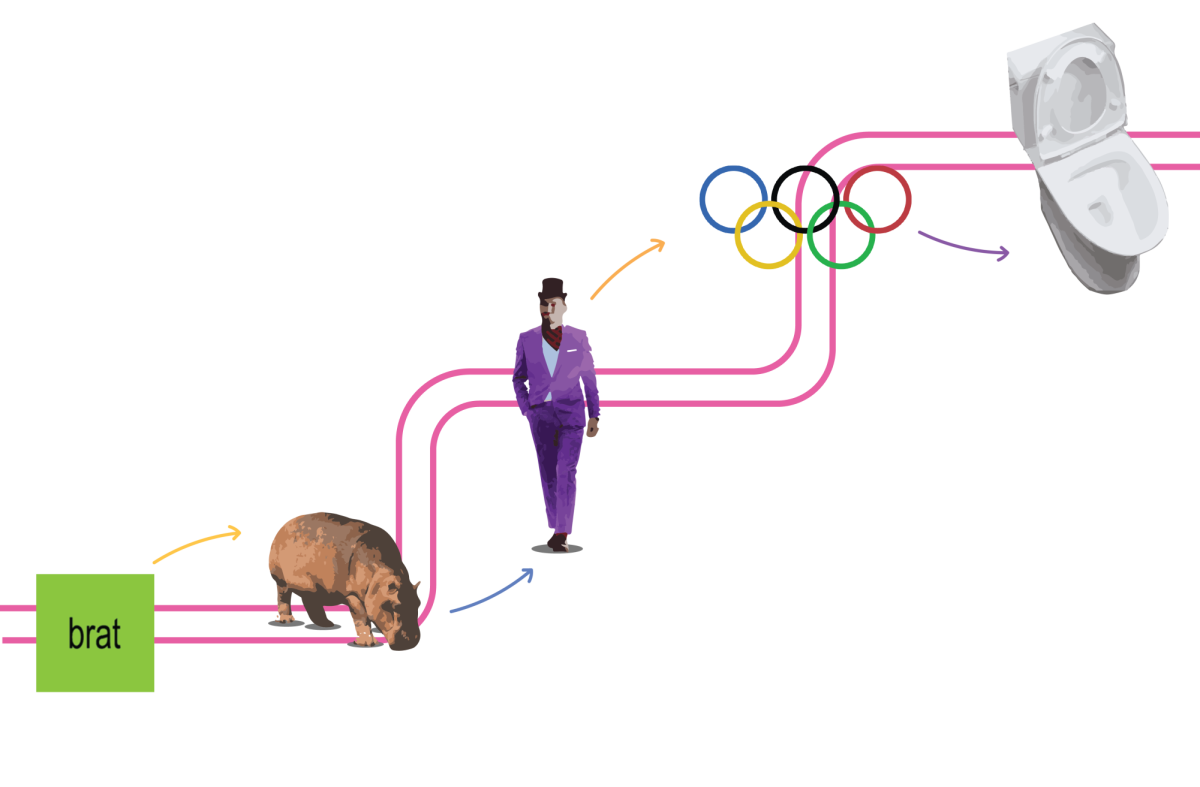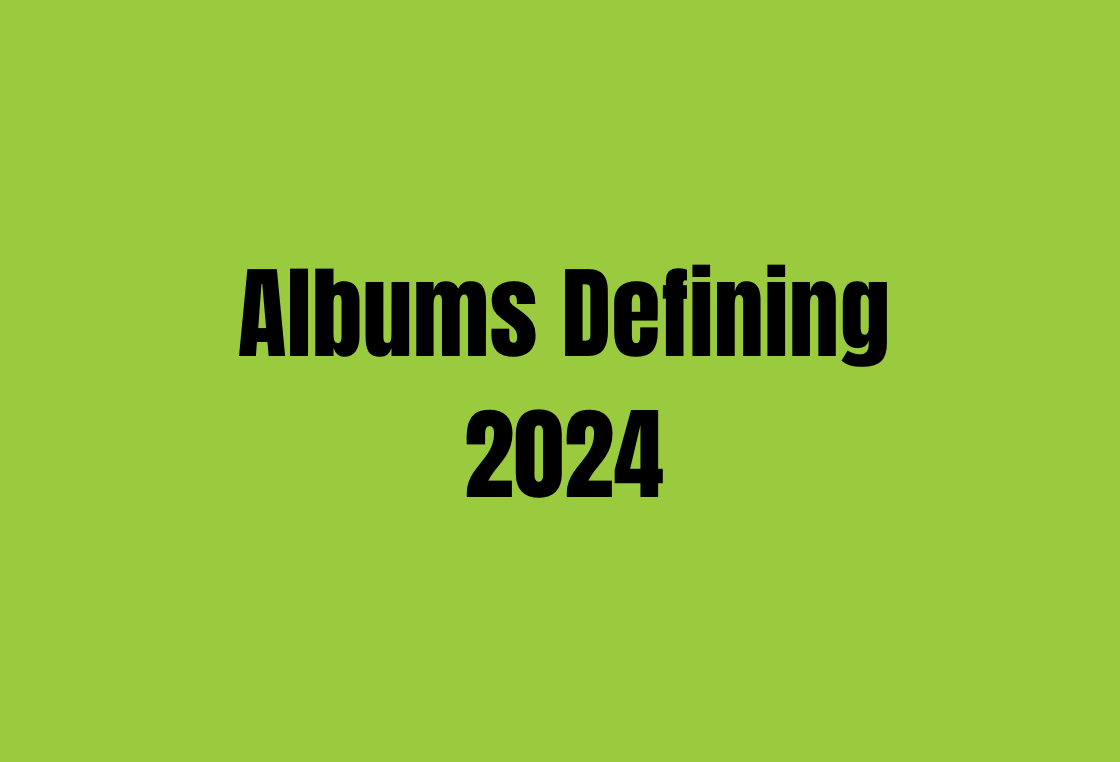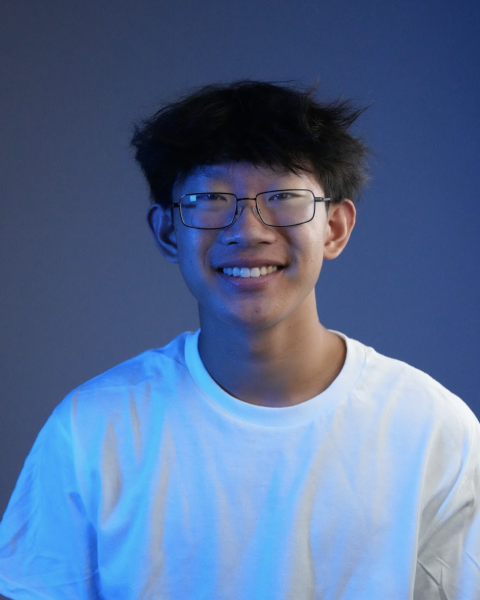Junior Sallee Rosen walks through an ominous dark hall dense with fog. She cautiously creeps forward with her friends huddled behind her as she tries to listen for any movement, however, all she could hear was the pounding of her heart. She turns the corner and suddenly screams fill the room as she comes face to face with a clown, eyes bulging and mouth widening into a sickening smile.
More than 600,000 people each year attend Halloween Horror nights hoping to be scared by bloody doctors, gruesome monsters, and all kinds of scary beings. Ever wonder why we are scared of these things and why some of us enjoy being scared?
Fear is a part of human nature, it acts like a protective barrier from what the brain senses as a threat. The brain learns from a young age that certain things are threats and triggers fear as a defense.
“We fear things as a biological imperative,” Psychology teacher Michael Brown said. “It’s instinctual, it keeps us alive. A lot of our fears are learned. They’re modeled by mentors, parents, whoever it may be, and we pick up on that like ‘shoot this person is terrified of it, I should be terrified of it to keep me alive.’”
Everybody has different fears and what they find scariest because of the variety of experiences they went through as kids. Rosen’s fear of dolls stems from her childhood memory with her friend.
“She told me about her closet that was full of dolls,” Rosen said. “I was already scared of them because I had heard of the Annabelle doll. She showed me her closet, pushed me in and locked me in. It felt like hours, realistically, it was probably like 30 minutes or something. But it scarred me and I hated dolls afterwards.”
When people are scared, they go through many physical changes. Heart rate goes up, eyes dilate, breath quickens, and digestion and the immune system slow down as the body prepares for a state of fight or flight. The physical changes create the sensation of being scared, which so many people experience through horror houses and movies.
“I feel like my stomach is tying into knots, and I become more aware of my breathing,” Rosen said. “I can feel a slight tingling sensation in my throat. Especially with the music it’s supposed to affect you, and it does because I can feel it in my bones.”
Part of the enjoyment is also because of chemicals the brain releases. The hypothalamus part of the brain pumps chemicals like adrenaline and endorphins throughout the body which creates a heightened sense of excitement comparable to a runner’s high. The dopamine released in the brain also creates a higher level of pleasure in these intense situations.
It is because of the chemical processes that occur when people are scared that keeps them adicted for more horror entertainment. According to Comscore, an analytical website, the horror genre accounted for around $700 million in domestic ticket sales in 2022.
“I’m really nervous because I don’t know what to expect,” Sophomore Elliet McDermed said. “I don’t know what’s gonna happen. But then after you go through that first house, you get that adrenaline rush where you’re like, ‘I survived that, we did so good. Let’s go do another one.’”
After the initial scare, the brain releases calming chemicals of epinephrine, norepinephrine, adrenaline, and noradrenaline which creates the desired effect of a fulfillment. Oftentimes the addictive part of a scare experience is coming back down from the high.
“There’s a natural chemical release after you experience a lot of fear and adrenaline,” Brown said. “In the process of coming back down from that, there’s a natural, calming release of chemicals. Slowing down your heart might be a pleasurable experience of ‘Ooh, stuff’s calmer, it’s more peaceful and now more relaxed.”
Scary experiences can be a good bonding moment as well. The body releases a chemical called Oxytocin which intensifies memories and increases social bonding. People often have a better time when they are scared together.
“Anytime you’re experiencing intense emotions around others, [it’s the] active choice of ‘let’s go do something contrary to our biology together, let’s go make ourselves terrified together,’” Brown said.
McDermed experienced personally that scary things creates new friendships and can be a common interest shared amongst different people.
“This one year where I brought friends from different places, and I was scared that they weren’t going to be able to interact, but there’s this thing where being scared unites people,” McDermed said. “After we went through one house, they were laughing and conversing.”
Fear is a part of human nature and is always present. Instead of hiding from it many people choose to embrace it and enjoy it. The need to be scared keeps people from coming back for more horror entertainment every year whether it is because of chemical reactions, the emotional journey of being scared, or simply bonding with friends over unforgettable memories.
“You are connected on a deeper level, because you get scared together,” Rosen said. “Friends who get scared together, stay together.”




